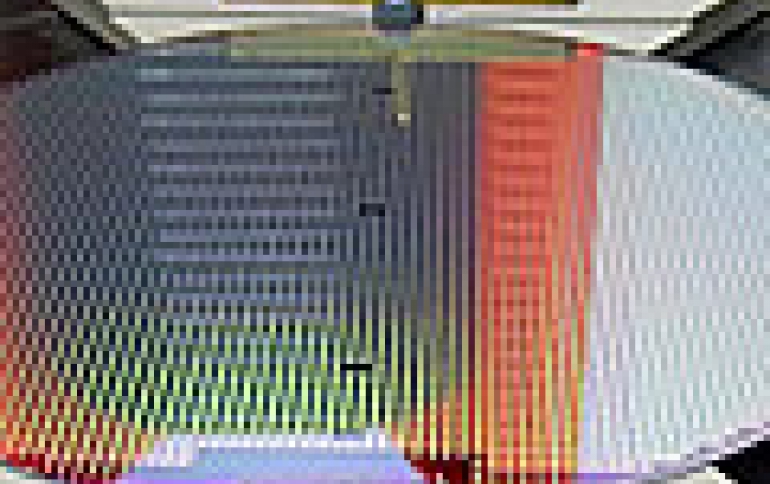
TSMC, Samsung Take Different Approaches For 7nm
Samsung and TSMC presented their work on 7nm SRAMs process technology at the International Solid State Circuits Conference (ISSCC).
TSMC described a chip that could pass for a commercial part and said it had "healthy" yields. Samsung described its use of extreme ultraviolet (EUV) lithography to "repair" a research SRAM.
TSMC started making in volume 10nm chips this year for Apple's iPhone 7 and needs to ramp 7nm chips for the iPhone 8 next year. Samsung seems to delay its 7nm node but shows leadership by being among the first to use EUV.
TSMC described a 256 Mbit SRAM test chip using its 7nm process to hit a bit-cell area of 0.027mm2. Jonathan Chang, director of TSMC's memory group described the chip as "the smallest SRAM be in risk production this year." The resulting SRAM macro will be 0.34x smaller than TSMC's 16nm version. It uses seven metal layers and has an overall die size of 42mm2.
Samsung built an 8 Mbit test SRAM, which is a slice of a future commercial 7nm offering. Samsung developed a "repair" process to test the chip on both existing and EUV steppers. The company found that EUV was much better.
Experts believe EUV will be ready for production use on some critical layers probably about 2020.





















